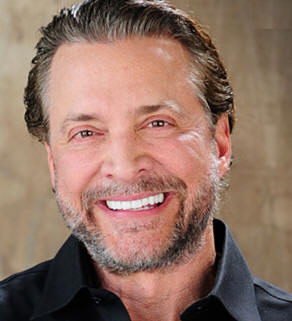 |
||
| Yes,
self-help is an industry, an unregulated one. Anyone with a quick
tongue and a gimmick and get rich in ths field. We all believe
a better life is possible. It usually requires effort and
dedication. What makes the self-help pitch so attractive is: you can
acheive success WITHOUT all that effort! Self-help users are addicts - going from one self-guru to another when the first fails to deliver. Many self-help attend one lecture after another, but don't even bother to read the book they have purchased, and go on to the next huckster who promises them a better life. They often spend a fortune entering one program after another Usually, they just waste their time and money but, sometimes, they die |
||
|
Three people died after entering a sweat
lodge during a self-help retreat outside Sedona, Arizona in 2009.
James Arthur Ray, then a prominent figure in the self-help industry,
was overseeing the retreat. Courtroom testimony alleged that instead of answering some participants' pleas for help, Ray pushed them further, encouraging them to tough out the sweltering conditions as part of a rebirthing process that would transform their lives. Ray was convicted of negligent homicide and sentenced to six years in prison -- two for each victim. A judge allowed the sentence to be served concurrently, meaning Ray would serve two years. He ended up serving 20 months |
 |
|